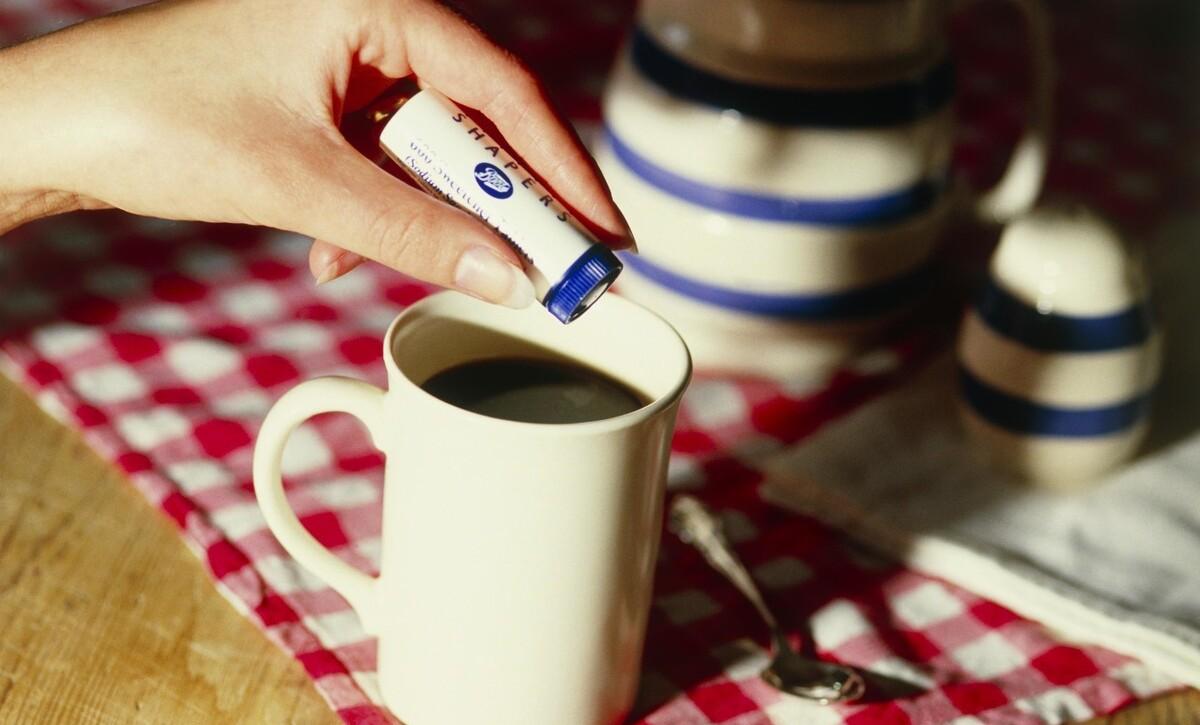Interviewed experts: Member of dietary and culinary nutrition branch of Chinese Nutrition Society,
Huang Ao, director of the Department of Cooking and Nutrition at Xiangsi Lake College of Guangxi University for Nationalities
Reporter Gao Jiayue
Sugar brings us joy, but for people with diabetes, sugar is a "flood beast." Sugar substitutes (hereinafter referred to as sugar substitutes) are a type of sugar that can produce sweetness, which can make our brain perceive sweetness, but generally does not cause fluctuations in blood sugar levels. Even so, sugar friends should also consume the appropriate amount of sweeteners.

Huang Ao, a member of the Dietary and Culinary Nutrition Branch of the Chinese Nutrition Society and director of the Culinary and Nutrition Teaching and Research Department of Guangxi University for Nationalities Xiangsi Lake College, said that sugar substitutes can be roughly divided into three types, artificial sugar substitutes, sugar alcohols and natural sugar substitutes. When measuring the potential sweetness of sugar substitutes, sucrose from daily life is generally used as a criterion.
1. Aspartame (artificial sugar substitute): Its sweetness is 200 times that of sucrose, generally used in candy and beverages, because it does not produce any energy intake, so it has become a drink or meal choice for many weight-loss people. The U.S. Food and Drug Administration (FDA) recommends that sugar friends can consume no more than 50 milligrams per kilogram of body weight per day.
2. Sucralose (artificial sugar substitute): It is suitable for type 2 diabetics because it is 600 times sweeter than sugar, but it has no effect on blood sugar. Sucralose has been approved by the FDA and recommends that people with diabetes can consume it at a rate of no more than 5 milligrams per kilogram of body weight per day.
3. Saccharin (artificial sugar substitute): its sweetness is 300 times that of sucrose, no heat, not absorbed by the human body, and heat resistance, good stability, generally used in baked goods. The FDA recommends that sugar friends consume no more than 15 mg per kilogram of body weight per day.
4. Acetylsoplaspoporin potassium (artificial sugar substitute): 200 times sweeter than sucrose, which is usually used in combination with other sweeteners, and the daily intake does not exceed 15 mg per kilogram of body weight.
5. Sugar alcohol: derived from the natural dietary fiber in fruits and vegetables, the sweetness is 1 times that of sucrose, the calories are half of the general sugars, and the absorption is slow. Sugar alcohols contain some carbohydrates and are nutritious sweeteners, so they affect blood sugar levels, but not much. Sugar alcohol sweeteners commonly used in many "sugar-free" desserts, confectionery and chewing gum on the market include: xylitol, sorbitol, mannitol and isomaltitol. It should be noted that it is easy to cause symptoms of gastrointestinal discomfort such as indigestion, bloating and diarrhea, which is caused by the inability of sugar alcohols to be fully absorbed in the digestive tract.
6. Erythritol: Although erythritol is also a sugar alcohol sweetener, unlike the above sugar alcohol glycosaccharides, it only contains less than 1 kcal of calories per gram, which does not have much effect on blood sugar levels. If other sugar alcohol glycosaccharides are causing gastrointestinal discomfort, erythritol may be a better choice, generally without side effects such as increased exhaustion, bloating, and diarrhea.
7. Stevia (natural sugar substitute): It is a sugar extracted from the leaves of the natural plant stevia, the sweetness is 300 times that of sucrose, the calorie is extremely low, equivalent to 1/300 times of sucrose, almost no effect on blood sugar, especially suitable for diabetic and obese patients. Sugar friends can consume no more than 4 mg per kilogram of body weight per day.
8. Monk fruit extract (natural sugar substitute): This non-nutritive sweetener comes from monk fruit, and each part of the extract contains 0 grams of calories, which is 150 to 200 times sweeter than sucrose. The FDA believes that monk fruit extract is generally safe, and sugar friends can also drink it directly with monk fruit soaked in water.
It should be noted that because artificial sugar substitutes (such as aspartame) are broken down by enzymes in our human gastrointestinal tract, patients with phenylketonuria (a congenital metabolic abnormality) cannot metabolize phenylalanine (a key component of aspartame) and are not suitable for this sugar substitute. Due to the safety of artificial sugar generation and the lack of systematic scientific research on human metabolic processes, Huang Ao reminds sugar friends to use sugar substitutes to have priority, and the first choice is natural sugar substitutes, sugar alcohols, and finally artificial sugar substitutes. While consuming natural sugars, you can also take in other nutrients, such as milk with lactose, but also protein and calcium.
Compared with ordinary sugar, sugar substitute products will help sugar friends control blood sugar fluctuations better, but sugar friends should not rely too much on sugar substitutes. Sugar substitute calories are low, but they are not completely free of calories. Long-term low-calorie diet, people will instinctively increase the craving for high-calorie food, which is a physiological instinct; sugar substitutes give food flavor (mainly sweetness), but also make people increase the number of food consumption, under the temptation of sugar substitute sweetness to consume more other foods. Therefore, even if the glycemic production index (GI) of sugar substitutes is low, it will increase the blood glucose load (GL) due to excessive intake of other foods, so it is still not conducive to blood sugar control. ▲